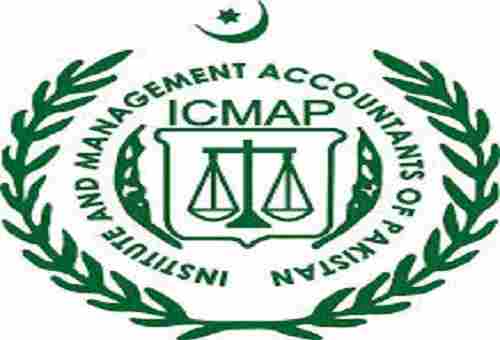Karachi, June 8, 2025 – In a forward-looking move aimed at promoting sustainability and innovation, the Institute of Cost and Management Accountants of Pakistan (ICMAP) has submitted detailed proposals for green tax reform as part of its recommendations for the federal budget 2025-26.
These proposals are designed to align fiscal policies with environmental and technological progress, encouraging businesses to adopt eco-friendly and digital practices.
ICMAP has strongly advocated for a special Depreciation Scheme targeting investments in both green technologies and digital infrastructure. Under this green tax reform, companies that adopt environmentally responsible practices and embrace digital transformation would be rewarded through substantial tax deductions.
Specifically, ICMAP suggests:
• A 50% tax deduction for investments in renewable energy and decarbonization technologies.
• A 30% deduction on operational costs for maintaining green energy systems.
• A 40% deduction on digital transformation expenditures such as cloud infrastructure, automation tools, and Artificial Intelligence (AI) systems.
• A 25% deduction on training employees in digital competencies to facilitate this transition.
These recommendations, according to ICMAP, are essential for building a sustainable economic framework. By linking tax incentives to green and digital initiatives, the scheme aims to drive long-term reform in Pakistan’s corporate and energy sectors. The plan is expected to not only reduce carbon emissions but also promote innovation, competitiveness, and formalization of business activity.
Furthermore, ICMAP estimates that increased formalization in the green and digital sectors could boost tax revenues by 0.5% to 1% of GDP within three to five years. Such gains would contribute significantly to Pakistan’s fiscal stability while aligning the economy with global sustainability goals.
In addition to tax incentives for conventional businesses, ICMAP has proposed a green tax reform strategy for the emerging Electric Vehicle (EV) manufacturing sector. The institute recommends a phased taxation model, starting with a 10%-15% tax on profits for EV manufacturers, gradually increasing to 20%-25% over a five-year span. This would allow EV producers to scale operations without immediate heavy tax liabilities, while ensuring that the sector is brought into the formal tax net early on.
ICMAP predicts that this approach could contribute Rs10–20 billion annually in tax revenue by 2030, boost foreign direct investment (FDI), create jobs, and significantly cut carbon emissions.
Through these initiatives, ICMAP reinforces its commitment to shaping a modern, eco-conscious, and digitally empowered Pakistan. With green tax reform at the core of its vision, the institute continues to be a key driver of sustainable fiscal policy reform in the country.
